The dogs have barked, and the G20 caravan has left town.
South Africa pulled it off, whisking the VIPs from swanky Sandton hotels to Nasrec and back again on highways with hastily painted markings and bedecked with a full array of street lights, the like of which have not been beheld since the 2010 World Cup.
In the skies above, a Gripen fighter, not seen by ordinary South Africans since the Brics Summit of 2023, shot its way across the sky, keeping a watchful eye out for a rogue Zimbabwean Mig.
When it comes to pulling off large events and snatching victory from the jaws of defeat, South Africa has no peer. Government departments unable to file a clean audit report are suddenly flush with money and dishing out contracts. Everybody pulls together, works on the event, and no doubt siphons off their little piece of the spoils. It’s the South African way.
We are playing at the grand geo-political level, and everyone is very determined to prove that we have shot the lights out. It is as if the country’s identity is at stake. It’s like the dysfunctional family that clears up the mess and stops the screaming fights to host the family for a pristine Christmas lunch.
But, once the family has left, the house is a mess once more, dirty dishes piled up in the sink and the old bickering over who is going to clean up starts.
Closing the event, President Cyril Ramaphosa said, “At the heart of our Presidency lies a conviction that the G20 must act boldly, and act together, to create an environment of inclusive growth, reduced inequality and sustainable development.
“South Africa has used this Presidency to place the priorities of Africa and the Global South firmly at the heart of the G20 agenda.”
From climate change to funding energy and viewing African debt issues with sympathy, the summit had achieved much, he said.
The hangover is in the mail
It was a feel-good moment for the country. But like the dysfunctional family that is left with the mess to clean up, the hangover is coming. It’s not clear who is paying for the party, and whether, in fact, we needed any of the presents, save to make us temporarily feel a little bit better about ourselves.
The absence of the US due to a last-minute tantrum by US President Donald Trump was a blow to the summit. It doesn’t help to say that he is an intemperate nuisance. The US remains a major economic player and a power broker across the globe, with 26% of global GDP and 40% of military spending at last count.
That the South African relationship with the US was allowed to deteriorate amidst ill-considered radicalism, such as making best friends with Iran and taking the Hamas line on Israel, was avoidable and most likely costly. Rail against intemperate Trump all you want, but this was a choice to be made.
If it were just Trump, that would be one thing. But the absence of Argentina and the Mexican President, Claudia Sheinbaum, was also notable. Most noteworthy was the absence of China’s Xi Jinping. There was an intense bout of spin-doctoring to the effect that ‘Xi doesn’t travel much these days’ and that China was still fully committed.
But Xi was at the last G20 summit in Brazil and at the Indonesian summit. He has only missed one G20 Summit, and that was in India when tensions between the two countries were running high. On that occasion, observers were unanimous that Xi was sending a message.
In absentia was the most powerful presence in the room. The problem is that all these absences do send a message – that South Africa is ignorable. We simply lack the pulling power to make these heads of state feel that they have to be there. Again, this might be the result of our somewhat erratic foreign policy, which seems to see the developed world as an enemy to be conjured up for a good beating while keeping up the public smiling.
For a global forum to be valuable in these times, that Ramaphosa failed to mention the world’s two great conflicts – between Ukraine and Russia and between Israel and Palestine – is noteworthy, too. The former probably because he doesn’t want to offend Russian president Vladimir Putin, who presumably was at home fingering his latest peace draft, and the latter because he realises that South Africa’s positions are on the fringes of global acceptability.
South Africa could have asserted its position as an agent of peace by inviting Ukraine’s Volodymyr Zelenskyy, showing it was intent on assisting with the process of ending that deadly war. Ending a war-war, to misquote Churchill, would instantly have transformed the G20’s jaw-jaw into something more valuable than the bullet-points, hugs and backslapping staple of international summits.
Ramaphosa might similarly have acknowledged the fragile ceasefire in the Israel-Hamas conflict, but that would have required acknowledging that Trump has achieved something, which is beyond the pale in Pretoria. It might also have recognised that isolating Israel was counter-productive for diplomacy to work.
If there was a bright spot, it was the meeting of yet another global collective called IBSA. For those who did read as far as page 78 of the Times of India, IBSA is comprised of South Africa, India and Brazil. Notably, these are the democratic countries that are part of BRICS.
Ramaphosa said after this meeting: “The world in which we live is changing rapidly and dramatically. It is clear that the countries of IBSA are ready to be part of global change and to work for a better future.
“India, Brazil and South Africa are not merely participating in global economic governance, but are working to shape the global agenda,” he said.
Yet while it was good that the democracies got together, there appeared to be no decisive statement on the two recent rigged and bloody elections in Africa – in Tanzania and Cameroon. Apparently, the fight for democracy elsewhere, where it is being imperilled by military juntas and oppressive autocrats, is not on the agenda.
In his closing statement, Ramaphosa claimed: “This G20 renewed strength in multilateralism. We have laid the foundation for solidarity”.
Not everyone agreed.
After the summit, French President Emmanuel Macron gave an unusually blunt assessment of the summit, saying of the declaration adopted by the leaders (who were present):
“In spite of this, one saw this morning that those gathered here still had difficulty in putting on the table new compromises. One saw that there was fresh debate on subjects that we had believed settled in the last few weeks. One saw the difficulty we have in the international community in resolving conflicts.”
This difficulty was not confronted by the G20 Summit. It was avoided like a drunk relative at a festive party who starts calling out the host.
Ray Hartley and Greg Mills are with the Platform for African Democrats
Top image: G20 “family photo”. Leon Neal/Getty Images.
Sign up to Currency’s weekly newsletters to receive your own bulletin of weekday news and weekend treats. Register here.


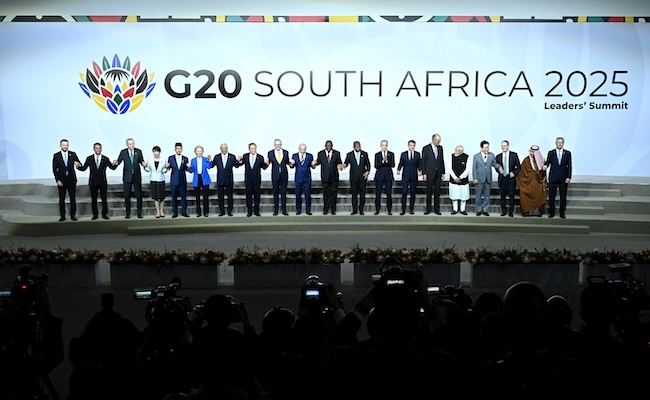
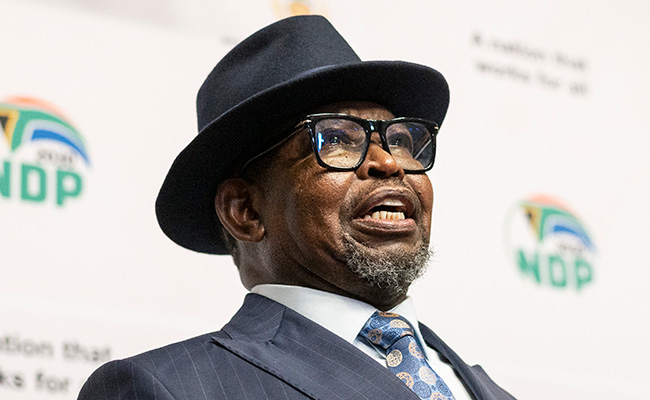
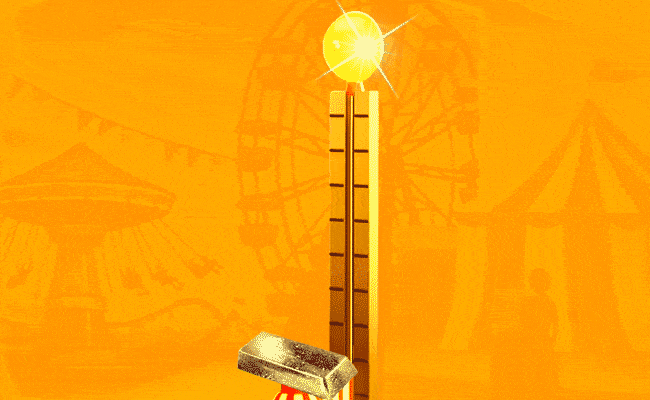
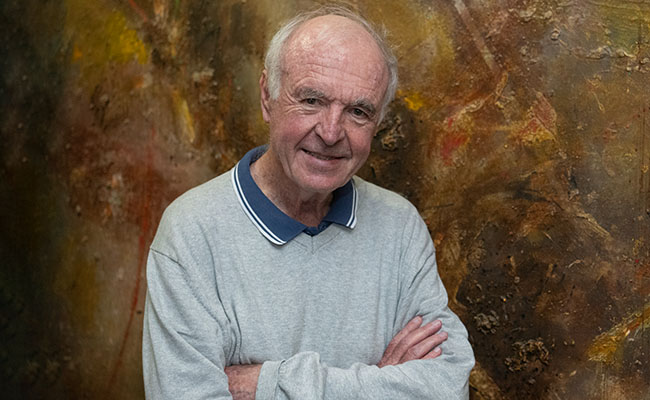
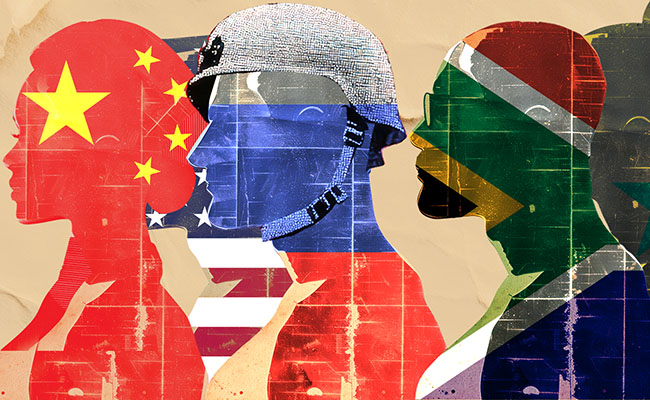

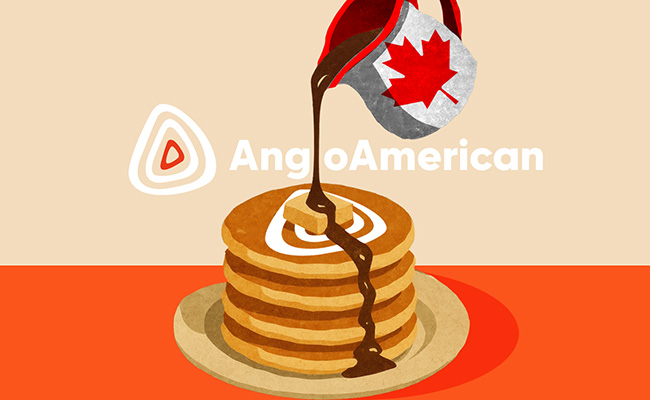
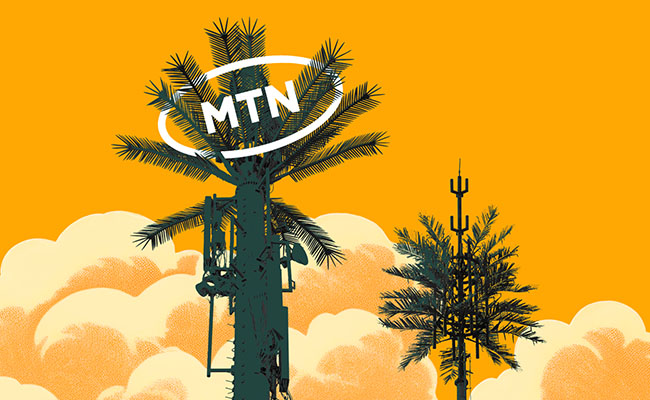
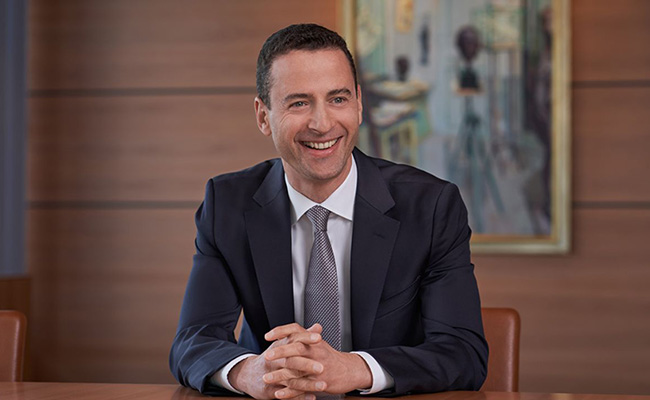



Excellent piece.
We have been missing the incisive and sensible assessments by Dr Mills and Ray Hartley since the sad closure of the Brenthurst Foundation.
Weird take
That we South Africans feel good about one-off showmanship, instead of catalysing this kind of event to commit to the long, hard work required to climb out of the hole we have dug, is a strange sense of pride.
Among the G20: do we not rank last in GDP, among the weakest growth in a decade, and still the most unequal Gini coefficient? The rest of the G20 know we enjoy grandstanding over actually being grand. How about we finally admit shortcomings, listen to the others who have better results than us, take action that we grind at for 10 years, make some real progress. You know, earn it.
I seem to be in the minority, but that would make me a really proud South African. And frankly I wouldn’t care at that point whether or not we’re a part of the G20.
Taking Genocide Zionists to the ICJ is considered “taking a Hamas line on Israel”. Explain. Asking for a non-zionist friend.